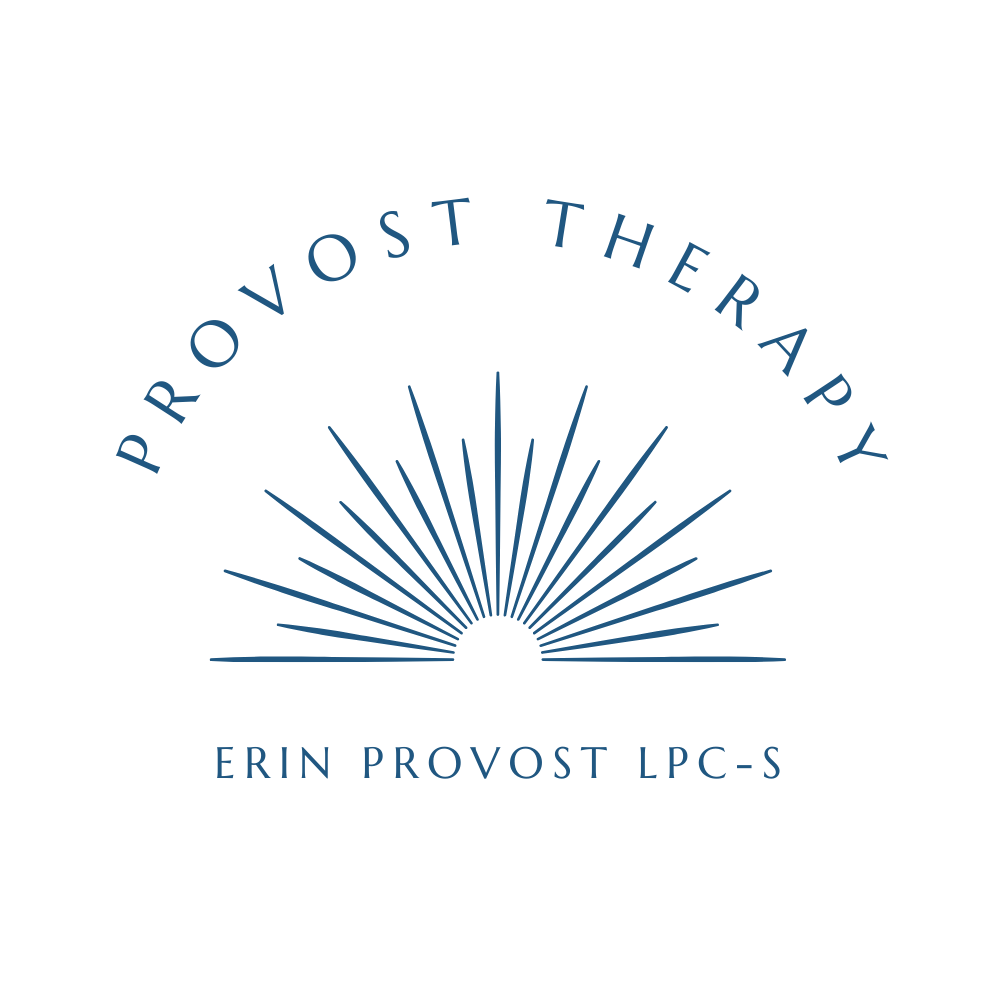Healing After Estrangement: Reclaiming Your Story, Rebuilding Your Self
Estrangement is a word that carries so much weight—grief, confusion, relief, anger, and sometimes, profound loneliness. Whether the distance was your choice, someone else’s, or a mutual understanding, the aftermath of estrangement can leave you emotionally raw and searching for a sense of solid ground.
If you’re walking this path, you are not alone. Many people experience estrangement from a parent, child, sibling, or other significant relationship. And while each story is unique, the pain of disconnecting from someone who once played a major role in your life can ripple through every aspect of your well-being.
What Estrangement Can Feel Like
Estrangement is a form of ambiguous loss—it lacks a clear ending, and you may be grieving someone who is still alive. This can lead to:
Emotional Confusion: You may swing between guilt, anger, sadness, and even relief.
Shame and Isolation: Society often stigmatizes family estrangement, making it harder to talk about.
Triggers and Unexpected Grief: Milestones, holidays, or even everyday moments can reignite waves of sorrow or doubt.
Identity Shifts: When a foundational relationship changes or ends, your sense of self may be shaken.
Healing Is Not Linear
Healing after estrangement isn’t about rushing to “get over it.” It’s about learning to live in a new emotional landscape—one where both grief and growth can coexist. You might be:
Making peace with the decision to end or pause a relationship.
Reclaiming your voice after years of feeling unseen or misunderstood.
Learning to hold boundaries that protect your well-being without being consumed by guilt.
Grieving lost potential—the relationship you hoped for that may never be.
This process often stirs up old emotional wounds, which is why having a safe, attuned space to unpack your story matters deeply.
What Healing Can Look Like in Therapy
Therapy can be a powerful place to navigate estrangement with intention and care. Together, we can:
Explore the complex emotional layers of your experience without judgment.
Support your nervous system and emotional regulation, especially if trauma is involved.
Help you understand and redefine your values and boundaries in relationships.
Rebuild trust in yourself and your choices.
Find ways to honor your grief without being stuck in it.
Healing doesn’t always mean reconnection—but it can mean relief, clarity, and a renewed sense of agency in your life.
You Get to Choose What Healing Means
Estrangement is often a response to deep pain—sometimes it’s a last resort to protect your emotional or physical safety. You do not have to apologize for prioritizing your well-being. You can honor the heartbreak of what was while still moving toward a life that feels freer, safer, and more authentic.
If you’re ready to start this healing work, I’m here to walk with you. You don’t have to hold it all alone.
Looking for support in healing after estrangement? Reach out to schedule a consultation or learn more about how therapy can support your journey.
